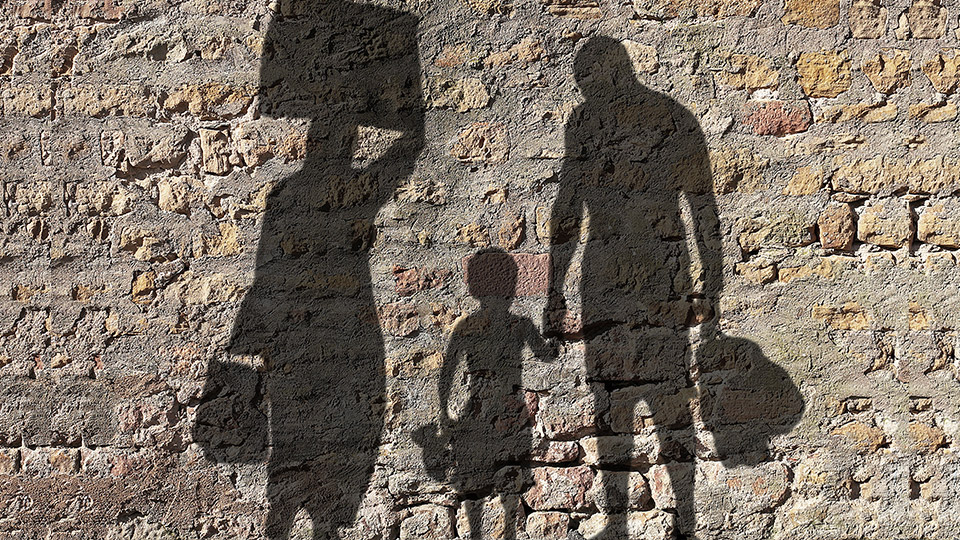As I observe with horror the fate of 27 refugees lost in the freezing waters of the English Channel last month, I am drawn back to stories I have uncovered about my own family history in the past year and feelings of what it means to be a refugee for those who reach safety.
Stumbling across “It Didn’t Start With You: How Inherited Family Trauma Shapes Who We Are and How to End the Cycle” by the renowned inherited family trauma expert Mark Wolynn, was the start of a journey for me that has transformed my outlook on life. The book absorbed me immediately – a case of love at first sight – and its every page, and the subsequent course I attended, proved an excavation tool for judgements I had formed throughout my life, methodically ridding me of them one by one: judgements I had accumulated about myself, my parents, grandparents, sister, aunts, uncles, cousins; about human genetics, and psychology. It has been a voyage of love, pain, awe, forgiveness and continuously expanding perspectives.
Mark Wolynn’s work, anchored in the latest research into epigenetics [the study of how your behaviours and environment can cause changes that affect the way your genes work] and in hundreds of case studies accumulated over decades, contends that traumatic events which have been hidden and not forgiven, become genetically locked within us and repeat through generations until they are teased out of the generational family constellation through awareness, forgiveness and reprogramming. Wolynn’s text reveals extraordinary and painful examples of traumatic events - rape, child bereavement, bankruptcy, adultery, etc - repeating through generations who, oblivious to the pattern, relive the pain and pass it on. As Wolynn explains: “We don’t come into the world with a clean hard drive. There is an operating system already in place that contains the fallout from the traumas that our parents and grandparents experienced”.
What does this mean for the 84 million refugees worldwide who were displaced at the end of last year alone and for their descendants? Prompted by Wolynn’s book, I undertook some genealogical research into my own family tree. I didn’t have to look far to uncover refugee experiences and have come to understand how these quickly became shrouded in prejudice, with profound effects that have echoed down through the generations, impacting even my own. In the family narrative, my father’s family bore the label of kind, poor simpletons from a small, insignificant Bulgarian town, while my mother’s family were painted more favourably, as educated successful professionals. This “less than” framing impacted my father’s outlook on his personal story and his self-esteem and was passed onto his children.
But my genealogical work created a new, more nuanced narrative which showed my father’s family in a brighter light. Both his parents were refugees from modern-day Northern Greece. I was surprised to discover that one of my great-great-grandfathers was an educated priest, while his son, my great-grandfather, was a teacher. On the other side, before having to leave his birthplace, my great-grandfather had been a landowner, owning enough land to provide well for his family.
One of the great tragedies that arises from being a refugee is that your personal history is wiped out. The social status acquired over centuries is destroyed in the blink of an eye. You lose not only your material possessions, security, and social identity but also your sense of worth. Immersing myself in my father’s ancestral story helped me restore a sense of familial worth for myself and for my children. But just as importantly, it has elicited a deeper empathy for the deep heartbreak and shattered self-worth of those who are displaced. What patterns of trauma, physical or emotional, will be linked to their experiences? And what can we, as members of a humane, functional society, do to restore their dignity and sense of self, and secure for them a future that overcomes the shadows of their past?
This blog post is based on an article I wrote which was published in Bulgarian by https://www.jenatadnes.com/






